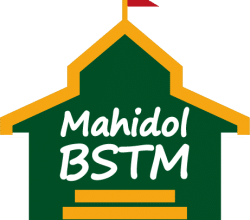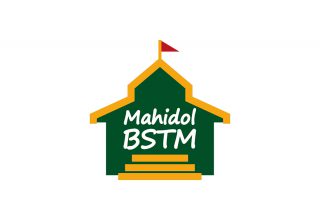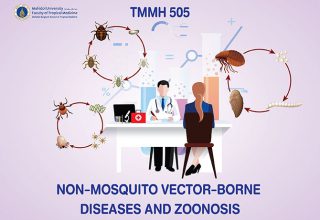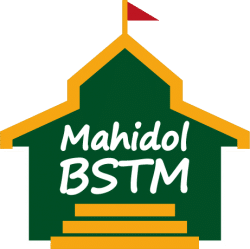Course Description
Essential molecular biology knowledge and its application in nutrition and food science; human genetic, nutrigenomic, genetic engineering techniques for prokaryotic cells and eukaryotic cells, DNA technology for the study of gene and chromosome abnormalities, biochemical techniques for the study of protein abnormality, RNAi technology in nutrition research, bioinformatics for diseases of abnormal metabolism and nutritional disorders, epigenetic in nutrition, molecular approach in nutritional disorders : obesity, micro RNA in nutritional disorders: hyperlipidemia, obesity, mass spectroscopy for nutritional research
Course Goals
To knowledge, practice and justify moral and ethical issue in molecular biology for developing high potential in generating molecular biology techniques in nutrition research effectively in terms of nutrigenomics, bioinformatics, recombinant DNA technology, genetic engineering technique in prokaryotic cells and eukaryotic cells, techniques for gene and protein abnormalities detection , microRNA in metabolic syndrome, molecular biology approach in nutrition disorders, epigenetics in nutritional research, lentiviral RNAi technology for nutrition research and mass spectrometry for nutrition research. This program prepares students to be leaders in the next generation of high-quality researchers, educational leaders, health professional and policy makers who are equipped with multidisciplinary knowledge, professional skills in molecular tropical medicine, moral and ethical manners.
Course Objectives
-To study and search using bioinformatics and IT in tropical molecular nutrition research
– To knowledge, describe and apply scientific knowledge nutrition molecular biology and molecular biology technique in a wide range of situations within the professional discipline
-To implement principle molecular biology technique in further research completely perfection to achieve the desired outcome
-To apply scientific principles and methods to identify and solve problems associated with a particular area of professional expertise
-To communicate by means of oral, written, symbolic and pictorial presentations to audience as well as an understanding of the systems of communication in science
-To contribute in a constructive manner to group and team activities and decision making processes
Course-level Learning Outcomes: CLOs
At the end of the course, the students should be able to
CLO1: explain concepts such as nutrigenomics, bioinformatics, microRNA in metabolic syndrome, molecular biology approach in nutrition disorders, epigenetics in nutritional research, lentiviral RNAi technology and mass spectrometry
CLO2: carry out a range of laboratory techniques used for nutritional research such as recombinant DNA technology, genetic engineering technique in prokaryotic cells and eukaryotic cells, techniques for gene and protein abnormalities detection
CLO3: Describe the importance of recent discoveries and the applications and potential of molecular biology and the ethical issues associated with these new technologies
CLO4: Select specific scientific topics and presentations information to groups
- 16 Sections
- 4 Lessons
- 20 Weeks
- TMNU 513 All VDO1
- TMNU 513-1 Molecular genetic of covid-190
- TMNU 513-2 Nutrigenomics0
- TMNU 513-3 Bioinfomatics0
- TMNU 513-4 Update in Recombinant DNA technology0
- TMNU 513-5 Genetic engineering techniques for prokaryotic cells0
- TMNU 513-6 Principle genetic engineering techniques for eukaryotic cells0
- TMNU 513-7 Techniques for study of gene abnormality in nutritional diseases0
- TMNU 513-8 Techniques for study of protein abnormality in nutritional diseases0
- TMNU 513-9 Molecular approach in nutritional disorders : Obesity0
- TMNU 513-10 Micro RNA in nutritional disorders : hyperlipidemia, Obesity1
- TMNU 513-11 Epigenetics in nutritional research0
- TMNU 513-12 Relationship between nutrient, gene polymorphisms and cancer0
- TMNU 513-13 Lentiviral RNAi technology for Nutritional research0
- TMNU 513-14 Mass spectroscopy for Nutritional research0
- TMNU 513 Examination2




